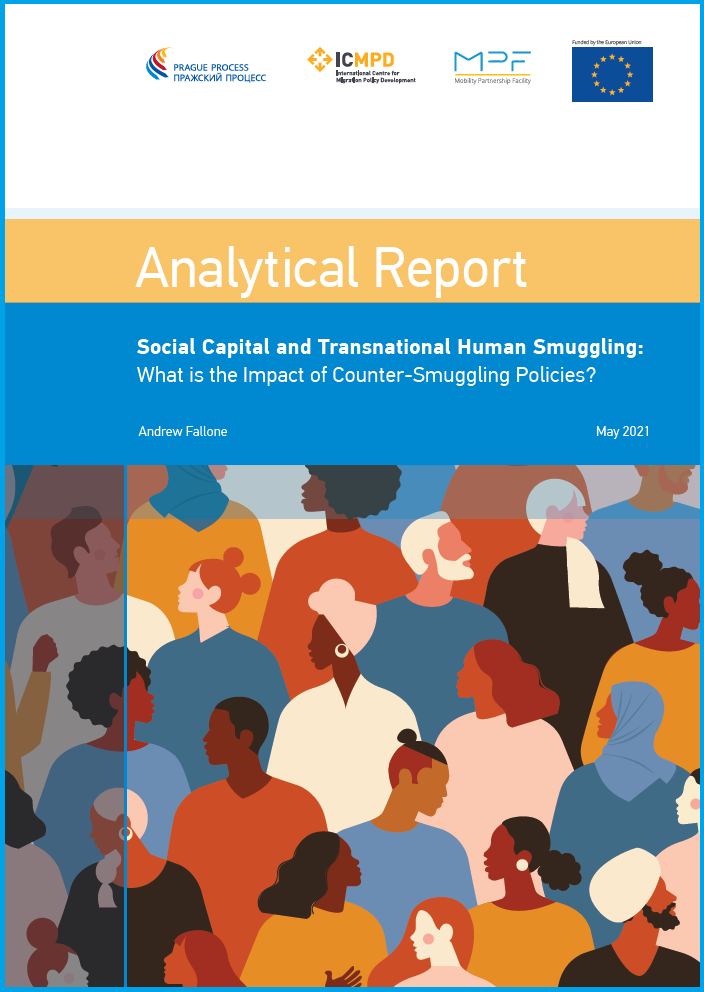The defining characteristic of the transnational market for human smuggling is the agentive choice by migrants to purchase services in order to facilitate their transportation across state borders. This broad definition includes a large variety of transactions between migrants and actors performing distinct roles, based on the nuances of diverse local dynamics. The new analytical report authored by Andrew Fallone applies a critical lens to the impact of counter-smuggling policies, in order to enable governments to set better-informed policy priorities. It is important that policymakers do not approach regulating human smuggling exclusively through the lenses of criminality, security, and law enforcement. Although human smuggling services are purchased through informal markets that infringe on national laws, these informal markets share many characteristics with other legal economic activities. A narrow focus on the criminal nature of the human smuggling industry would problematically draw policymakers’ attention away from understanding how the laws and regulations that they enact influence the lived experiences of migrants. By expanding this focus, this analytical report aims to provide government actors with a tool for understanding the nuances of the human smuggling market and the full effects of potential counter-smuggling policies.
A growing body of scholarship offers deeper insight into the disorganized and highly human interactions and transactions involved in irregular migration journeys. Rather than overemphasizing the role of transnational organized crime in human smuggling, this emerging field of research examines the role of interpersonal relationships and community knowledge in facilitating migration journeys and ameliorating potential risks. Broadly referred to as ‘social capital,’ information shared through diaspora communities about the reputation of smuggling service providers acts a regulatory mechanism in the absence of official government oversight. Individuals’ access to social capital is changeable and can fluctuate as the result of counter-smuggling policies, among other factors. Understanding the role of social capital in the market for human smuggling will allow government actors to design migration management policies that more effectively safeguard migrants’ wellbeing.
To preview and download the report please use this link.
Our Repository
About the author
Andrew Fallone is a researcher at the European University Institute’s School of Transnational Governance, focusing on the impact of migration management policies. He is available for questions or comments at:

